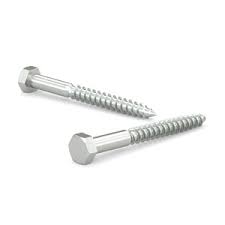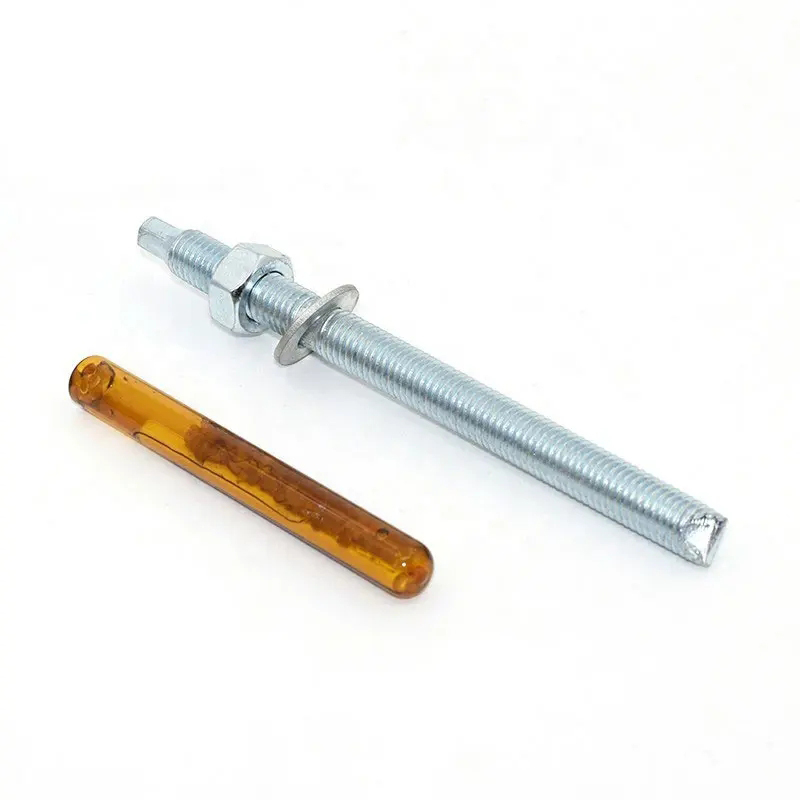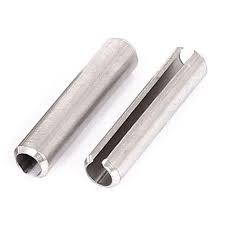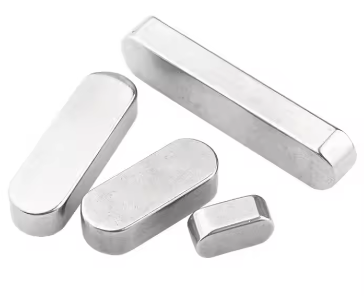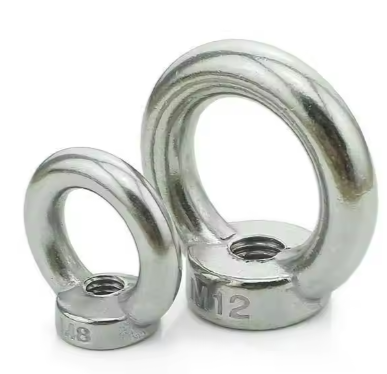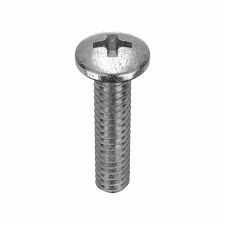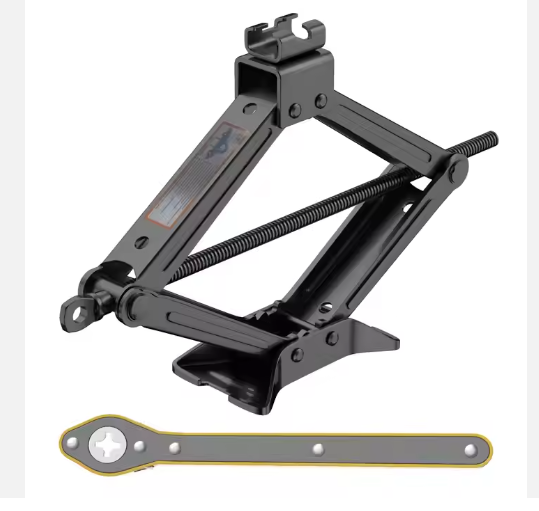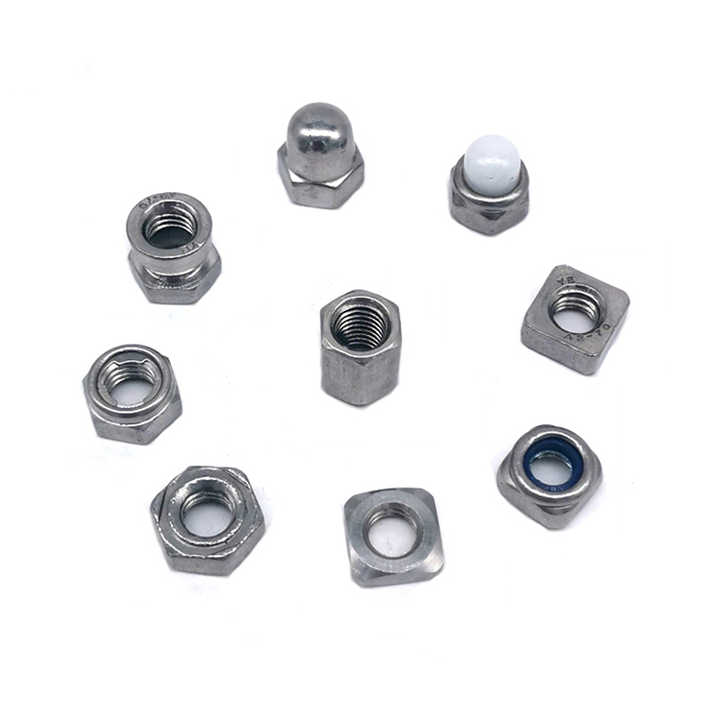

This guide provides a detailed overview of selecting the ideal locknut supplier, covering factors like material, type, application, and sourcing strategies. We’ll explore key considerations to ensure you find a reliable partner that meets your specific needs and budget.
The choice of material significantly impacts the locknut's performance. Common materials include steel (carbon steel, stainless steel), brass, nylon, and aluminum. Steel locknuts offer high strength and durability, making them suitable for heavy-duty applications. Stainless steel provides superior corrosion resistance. Brass locknuts are preferred in applications requiring good electrical conductivity. Nylon locknuts provide vibration resistance and are often used in less demanding applications. Aluminum locknuts are lightweight and offer good corrosion resistance. The specific application will dictate the best material choice. Consider factors such as the operating environment (temperature, humidity, corrosive substances), required load capacity, and vibration levels.
Various locknut types cater to different fastening needs. Some common types include: all-metal locknuts (such as prevailing torque locknuts), nylon insert locknuts, wedge locknuts, and specialized locknuts designed for specific industries (e.g., aerospace). Each type offers unique locking mechanisms, providing varying degrees of vibration resistance and resistance to loosening. Understanding the differences between these types is crucial for selecting the appropriate locknut for your application.
The intended application strongly influences the locknut selection. Factors like the size and thread type of the bolt, the expected load, and the environmental conditions must be considered. For instance, a locknut used in a high-vibration environment will require a different design and material than one used in a static application. Thorough assessment of the application’s demands is crucial to ensure the chosen locknut maintains its integrity and prevents loosening.
Identifying a trustworthy locknut supplier is key to project success. You can explore options through online directories, industry-specific trade shows, and online marketplaces. Always verify the supplier's reputation, certifications (such as ISO 9001), and manufacturing capabilities. Request samples to evaluate quality and consistency. Check customer reviews and testimonials to gauge their reliability and responsiveness. A well-established supplier should offer a wide range of products, competitive pricing, and reliable delivery.
A reliable supplier will offer various services beyond simply providing locknuts. Consider factors like: minimum order quantities (MOQs), customization options (e.g., specific materials, finishes, sizes), lead times, and technical support. A supplier with robust quality control procedures and a commitment to customer service will be invaluable throughout your project.
Before committing to a locknut supplier, review the terms and conditions carefully. This includes payment terms, delivery schedules, warranty provisions, and return policies. Negotiate favorable terms that protect your interests and align with your project’s requirements. A transparent and cooperative supplier will be receptive to fair negotiations.
Selecting the appropriate locknut supplier involves careful consideration of several factors. By thoroughly evaluating material choices, locknut types, application requirements, and supplier capabilities, you can ensure a successful project with reliable, high-quality components. Don't hesitate to seek quotes from multiple suppliers to compare pricing and services. Remember to prioritize quality, reliability, and long-term partnership in your decision-making process.
For high-quality locknuts and exceptional customer service, consider contacting Hebei Dewell Metal Products Co., LTD at https://www.deweLLfastener.com/. They offer a wide selection of locknuts to meet diverse needs.


